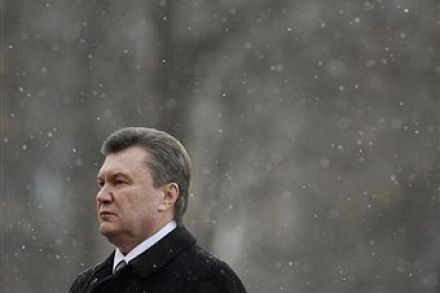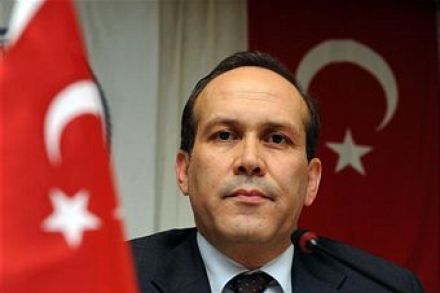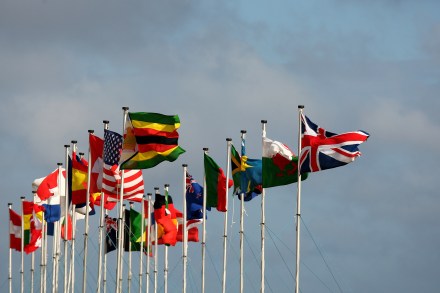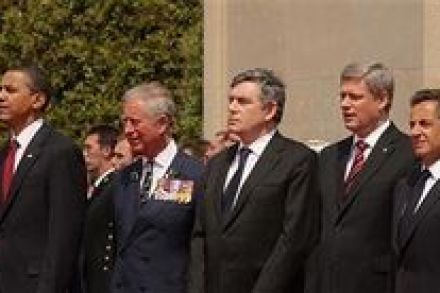Labour’s nuclear no-show
Today, President Barack Obama hosts leaders from 46 countries for a two-day nuclear security summit that will focus on how to better safeguard weapons materials, both old and new, and to keep them out of the hands of terrorists. Labour’s manifesto was also launched today. What do the two things have in common? Not a lot, really. But they could have had a lot in common – if the Labour government had been willing to be bold. Here’s how. As preparation for the summit, the US signed a new treaty with Russia last week to reduce the nuclear stockpiles of both nations, and the Obama administration issued a revised nuclear arms

















